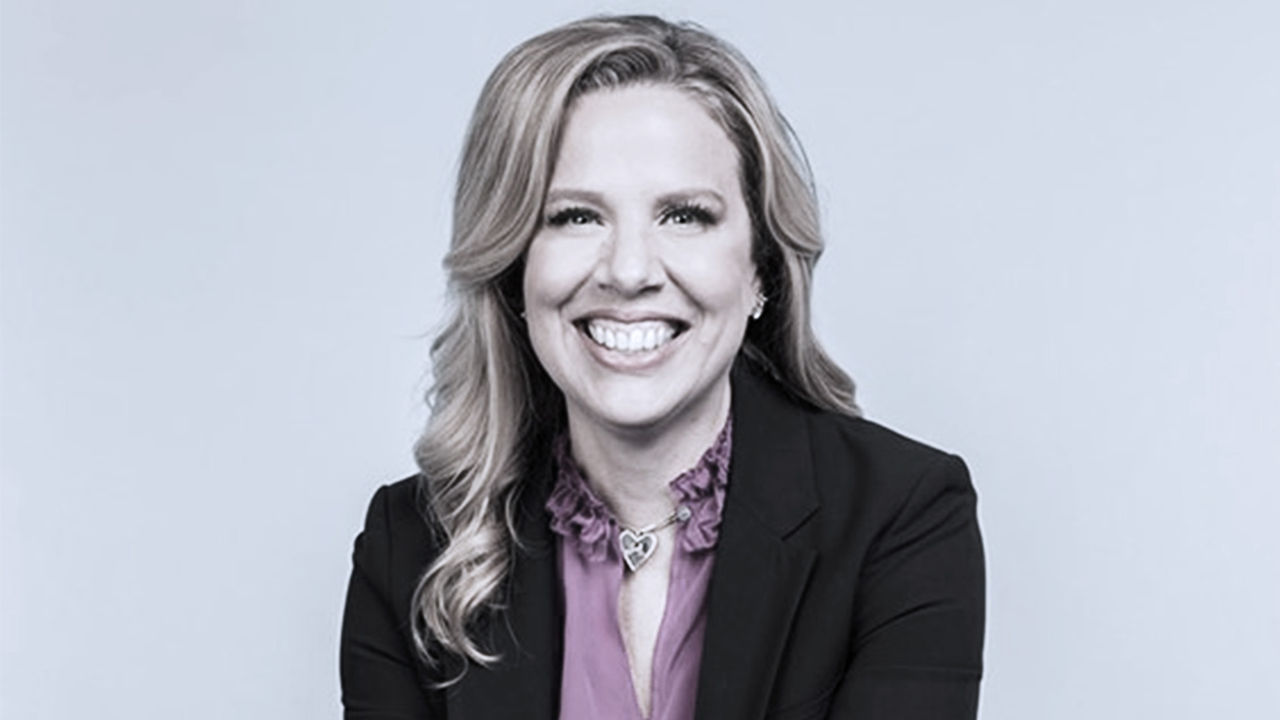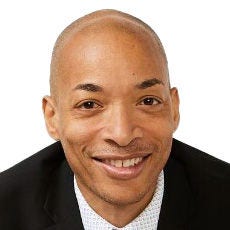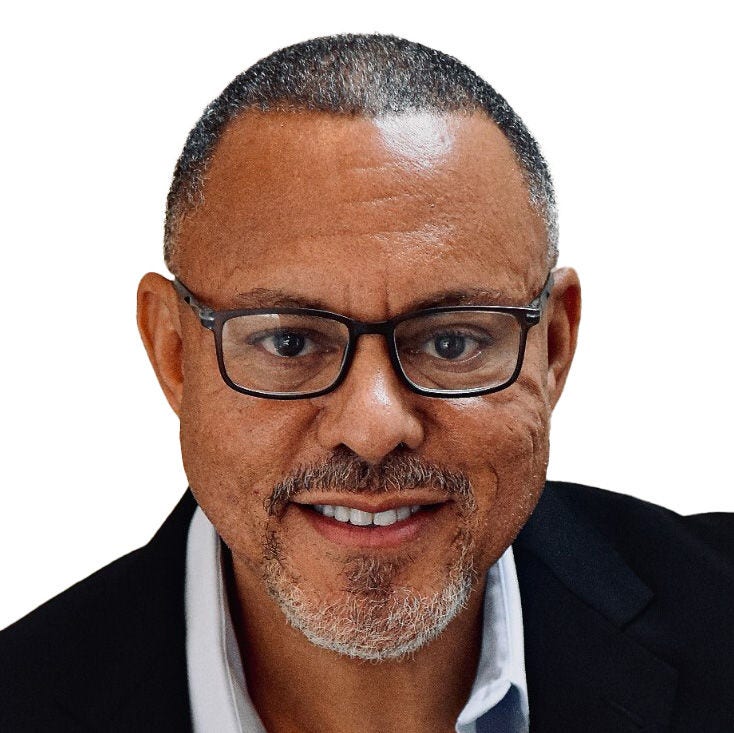Insights from the leaders featured in recent episodes of the monthly People + Strategy podcast. Find new and previous episodes at the People + Strategy podcast page.
HR as the Caretaker of AI: Don’t Lose Your Values, Humanity or Trust
"Generative AI absolutely is the biggest innovation in tech in the past 50 years. It’s part of every conversation I’m in, whether it’s at the board table, the executive table or the CHRO table. We’re all talking about it and learning and experimenting,” said Jacqui Canney, chief people officer at ServiceNow (pictured above).
“But you can’t release AI into your company and into the world without having a caretaker of the AI. … Humanity and trust has to be part of how you are using AI in your company. In our company, we have a group of us that are focused on that, so that we are still maintaining our values and making sure that [AI] isn’t violating anything that we would be not proud of here but using it in a way that is augmenting what we are proud of.”
Will AI Advancements Result in a Lower Headcount in HR?
I think we always assume that advancements mean fewer people in roles. I have yet to see it quite play out that way,” said Andre Joyner, CHRO at JCPenney. “I think it typically plays out that efficiencies that you gain from those advancements help individuals to do what they do better or maybe allow for them to do more of what they do more effectively. I think that’s the case with AI, as well.
“With AI, you’ll utilize that capability from sourcers and interviewers to better filter candidates and get more interviews done sooner. You’ll be able to lean into more efficiency around the interview process. I don’t necessarily think that means you’ll have fewer recruiters. I just think you’ll do a more effective job in sourcing.”
It’s HR’s Duty to Teach Employees How to Be Good Mentors and Mentees
I am not a big fan of formal mentor programs that partner people together, because I think there’s an organic relationship that develops that matching based on resumes or algorithms can’t necessarily do,” said Calvin Crosslin, chief diversity officer at Lenovo and president of the Lenovo Foundation.
“What I like to see is when we teach people to be good mentors and we teach people to be good mentees. … There are a lot of senior leaders oftentimes that are good at giving advice and not always as great at pausing and listening to what a person really wants out of their career or out of their life. So [teach] people to be more like an executive coach in terms of really listening and then enabling the person to guide and direct their career.”





